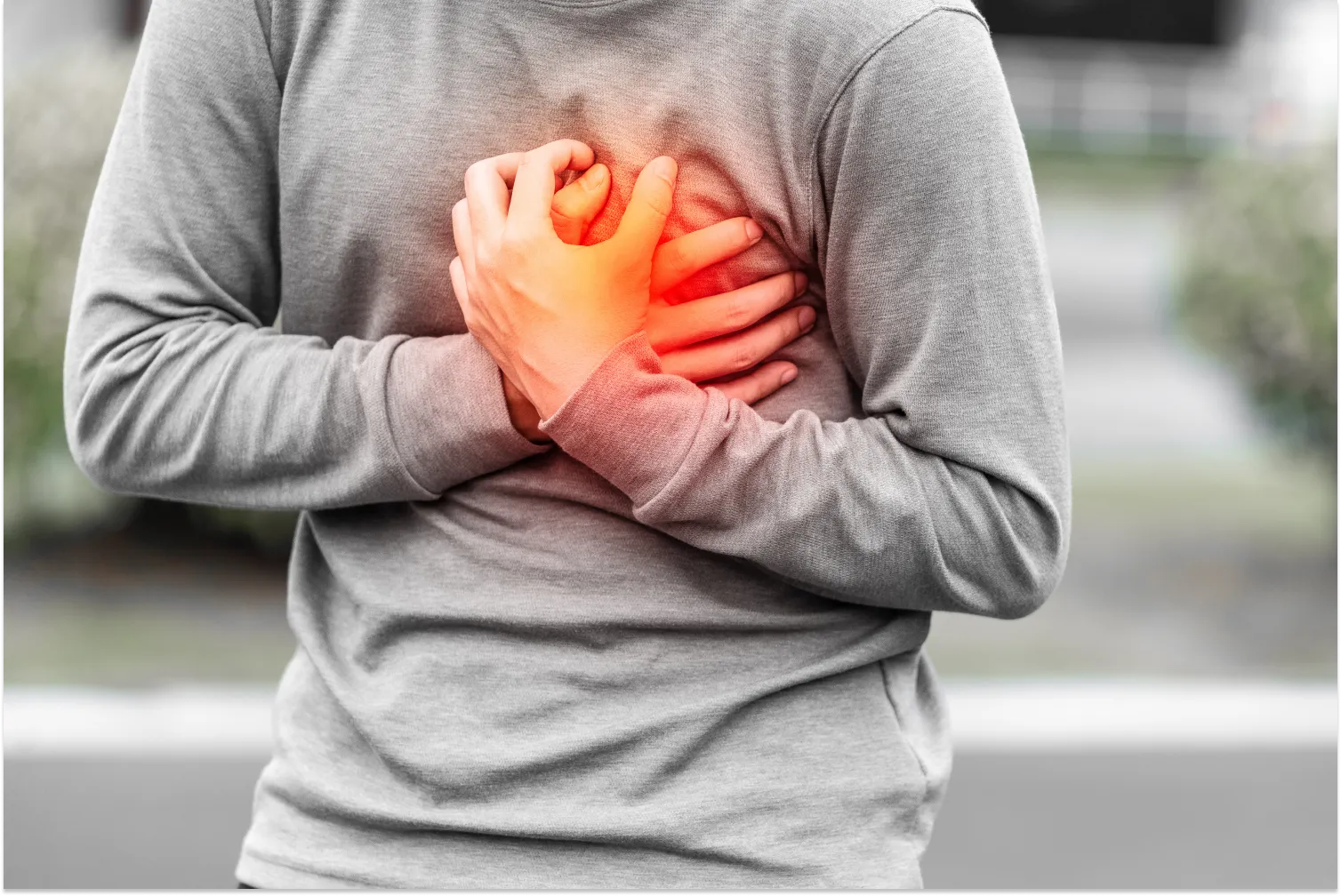Heart attacks, once considered an illness of the elderly, are increasingly affecting young Indians — a shift that’s alarming doctors and families alike. Dr. Rohit Sane, CEO & MD of Madhavbaug Hospitals, sheds light on the subtle but serious lifestyle factors silently raising heart attack risks in India’s youth.
1. Chronic Stress: The Invisible Trigger
Today’s fast-paced, digitally driven world offers little room for emotional release or community support. Unlike older generations, young people often battle silent stress caused by demanding careers, social media pressure, and urban isolation. This mental burden activates harmful stress hormones, leading to high blood pressure, elevated blood sugar, and inflamed arteries — all precursors to heart attacks.
2. Processed Foods: Silent Artery Killers
Gone are the days of fresh, homemade meals. Today’s youth rely heavily on processed snacks, fast food, and sugary drinks. These foods trigger chronic inflammation, damage blood vessels, and contribute to fat buildup in arteries — laying the foundation for future cardiac arrests, even in one’s 30s.
3. Sleep Deprivation: Ignoring the Body’s Reset Button
Sleep is when the heart heals — yet young adults are cutting corners here. Long work hours, late-night scrolling, and binge-watching leave little time for rest. Just 5–6 hours of sleep disrupts hormone balance, impairs fat and sugar metabolism, and raises cholesterol — putting extra pressure on the heart.
4. Fitness Misconceptions: Looking Fit ≠ Being Healthy
Fitness today is often about aesthetics. Youngsters are chasing six-packs and biceps while neglecting holistic health. Skipping heart-friendly exercises like brisk walking, yoga, or swimming, and overtraining without rest, strains the heart. True fitness focuses on cardiovascular health, flexibility, and mental balance.
Preventing the Crisis: A Return to Roots
Dr. Sane recommends an Ayurveda-inspired lifestyle: follow daily wellness routines (Dinacharya), eat balanced home-cooked meals, prioritize sleep, manage stress, and undergo detox therapies like Panchakarma. Prevention, not panic, is the key.
Heart attacks in the young are no longer rare — but they are largely preventable. Awareness and lifestyle changes can go a long way in protecting your most vital organ.
Disclaimer: This article is for informational purposes only. Always consult a qualified healthcare provider before making changes to your lifestyle or diet.
